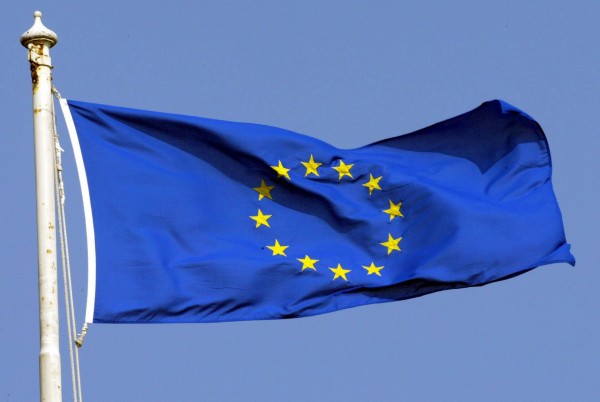
Mobile roaming charges across the EU are to finally end this week amid warnings to consumers to check their tariffs and remain aware of unexpected costs.
The charges will be abolished from June 15, meaning UK mobile phone customers can use their regular allowance of calls, texts and data for no extra cost from anywhere in the EU.
The Roam Like Home legislation aims to prevent consumers receiving huge bills after downloading films or other data while travelling in Europe, but watchdog Which? has warned that differences between providers when it comes to the details of tariffs could lead to unexpected costs for customers.
Here is everything you need to know:

These are extra charges for making calls, sending texts and using data when in a foreign country and apply as soon as a mobile phone uses an overseas network.
Under the new EU regulations, customers must be charged the same as if they were at home – but this applies only to when they are travelling, and not to calls made from the UK to the EU.

Instances of so-called “bill shock”, when mobile users return home to nasty bills for using their phone abroad, have spiralled in recent years, especially since the widespread uptake of smartphones and corresponding consumption of mobile data.
In extreme cases, bills that ran to the hundreds or even thousands of pounds were not unheard of for users who unwittingly used up huge amounts of data downloading television programmes, films or holiday videos to social media.

Travellers need to be careful about using their phones in some non-EU countries such as Switzerland and Andorra, as well as the Channel Islands and the Isle of Man, which are not formally part of the EU or even the European Economic Area (EEA).
Consumers should also be careful to check whether or not their mobile provider is including tourist hotspot Turkey in the ban.
Just to complicate matters further, country inclusion can vary further within the same provider depending on whether the tariff is pay-as-you-go or pay monthly.

Yes, roaming charges within the EU were slashed by 75% just over a year ago under an interim cap.
And most UK providers already offer add-ons or sweeteners that make it much cheaper to use your phone overseas.

This remains unclear, but the ban is expected to remain in place for British phone users for two years at least.
Uswitch spokesman Ernest Doku said the challenge for providers who want to steal a march will be in their ability to remain flexible in handling any changes resulting from Brexit, and how quickly they can broker deals in other countries ahead of the rest.
“Either way, all signs point to worry-free global roaming becoming a new battleground amongst providers,” he said.